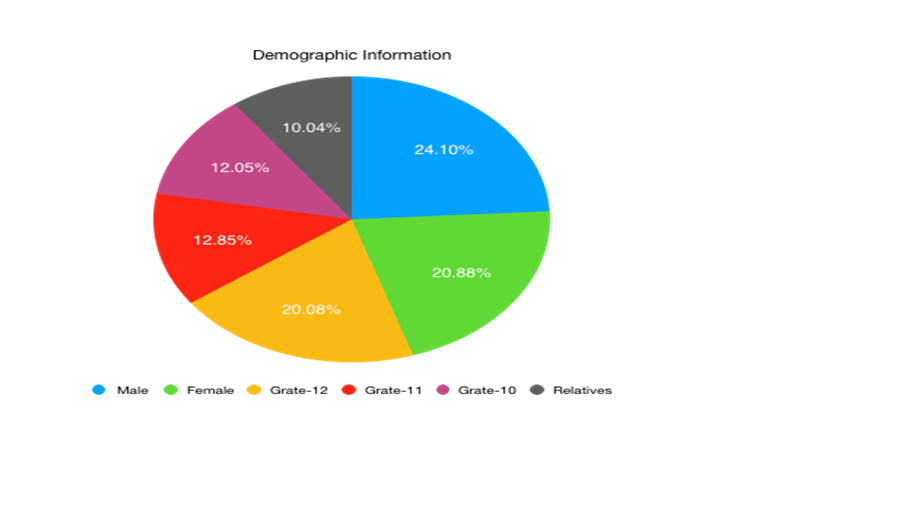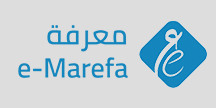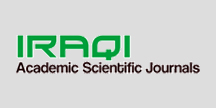The Quality of The Education System for Orphanage Children Between Motivation and Future Building in Irbil City
DOI:
https://doi.org/10.21271/zjhs.28.3.16Keywords:
Orphans, education, motivation, future building, Orphanage.Abstract
A healthy family can progress the successful individuals for society also for themselves. However, sometimes the family will be broken, in this case, the most harmful member is a child who becomes an orphan. This study aims to find out several motivational factors which help orphans to build their future life. Also, it tries to evaluate the quality of education for orphans which follows some structure that influences their welling to access the teaching process. This study is the descriptive quantitative method which takes 112 orphans randomly as samples that include grate 10th,11th, and 12th in Erbil city. The findings reveal that the family is a powerful factor in motivating children to be successful in the current and the future. Therefore, it shows that rather than they have faced many difficulties in their life still they think about the best future and they believe that life is an intelligent challenge so we never give up on our dreams. In addition, the result reveals some negative points such as most of them feel of inequality between orphans and non-orphans in the society. The result illustrates that most of them become dissatisfied when they have many requirements but nobody supports them. On the other hand, also they give up on school motivation because they think it does not meet all requirements. However, this study finds that the majority of samples trust the teachers as they are understandable educators.
References
- Aladegboye, M.K. and Olowokere, A.E., 2023. Healthcare Service Needs of Orphans and Vulnerable Children in Orphanages and Barriers Caregivers face in meeting their Healthcare Service Needs: A Mixed Method Research. Psychology, Health & Medicine, pp.1-12.
- A Paoki, R. and Evinita, L.L., 2022. INTRODUCTION OF INTERACTIVE SCIENCE LEARNING IN COMMUNITY SERVICE AT KASIH ENDE ORPHANAGE. Abdi Dosen: Jurnal Pengabdian Pada Masyarakat, 6(4), pp.1041-1045.
- Abdurakhmonova, M. and Sharipova, K., 2022. SOCIAL WORK CARRIED OUT IN SECONDARY SCHOOLS WITH STUDENTS LEFT ORPHANS AND WITHOUT PARENTAL CARE. Oriental Journal of Social Sciences, 2(02), pp.52-63.
- Bello, T.K. and Pillay, J., 2019. An evidence-based nutrition education programme for orphans and vulnerable children: protocol on the development of nutrition education intervention for orphans in Soweto, South Africa using mixed methods research. BMC Public Health, 19, pp.1-10
- Bimha, P., 2022. HIV/AIDS psychosocial support services framework for educators, orphans, vulnerable learners and policy makers in the Kingdom of Eswatini (Doctoral dissertation).
- Dewanti, P., Supuwiningsih, N.N. and Saridewi, D.P., 2021. Utilizing Educational Technologies to Optimize Student and Teacher Learning at Dharma Laksana Mataram Orphanage. Journal of Innovation and Community Engagement, 2(1), pp.11-20.
- Harrison, A.M., Gregory, G., Neelgund, P. and Stieglitz, A., 2019. Supporting Child Caregivers in South Indian Orphanages: Identifying ‘Ghosts’ and Creating ‘Angels’. Institutionalised Children Explorations and Beyond, 6(2), pp.142-150.
- Himulayi, W.N., 2020. Caregivers' barriers to sustainable utilization of income generating funds for orphans and vulnerable children in the Oshikoto region of Namibia(Doctoral dissertation).
- He, Y., 2023. How Does NGOs Enhance Resilience among AIDS Orphans-Based on Field Observation of Organization X. Journal of Education, Humanities and Social Sciences, 8, pp.1586-1592.
- Hamzah, A., 2023. Building Accounting and Entrepreneurship Skills in Orphanage Children. Jurnal PKM Manajemen Bisnis, 3(2), pp.49-57.
- Maruf, Z., Pratolo, B.W., Sari, O.W. and Ardinengtyas, A., 2022. Undiscovered Voices: Motivation and Demotivation Factors in Learning English among Indonesian Orphan Students. International Journal of Evaluation and Research in Education, 11(1), pp.441-448.
- Pillay, J., 2020. Social justice implications for educational psychologists working with orphans and vulnerable children in South Africa. School Psychology International, 41(1), pp.37-52.
- Ringson, J., 2020. Basic education assistance module as a material and psychosocial support intervention for orphans and vulnerable children in Gutu District, Zimbabwe. An evaluation. New Ideas in Psychology, 59, p.100803.
- Shuja, K.H., 2023. A complex model of differences on gender and institution type in academic achievement, happiness and self-esteem among orphan and nonorphan children from Pakistan. Current Psychology, 42(13), pp.10588-10602.
- Tjoprajono, N.R. and Mardianto, M., 2022. The Role of TPD Pay Al Ma'ruf on Education of Orphans and Dhuafa Around the Al Ma'ruf Mosque. Jurnal Basicedu: Jurnal of Elementary Education, 6(3), pp.4423-4435.
- Toseef, M., Hayat, A., Mahmood, Y. and Ashraf, U., 2023. Role of Civil Society Organizations in Social Adjustment of Orphans in Lahore. Journal of Policy Research, 9(2), pp.534-539.
- Taniguchi, S., Warren, A., Hite, S., Widmer, M., Zabriskie, R.B., Nsubuga, Y. and Mugimu, C., 2019. The school-based family: Teachers as parental figures for orphans and vulnerable children in Ugandan schools. Marriage & Family Review, 55(2), pp.152-176.
- Widiastutik, S., Adnyana, I.G. and Novyati, P.S., 2022, April. BUILDING A LEARNING COMMUNITY THROUGH SUBTITLING VIDEO MEDIA FOR ORPHANAGE MANAGERS. In Proceedings: Linguistics, Literature, Culture and Arts International Seminar (LITERATES) (Vol. 1, pp. 230-243).
- Wang, X., 2023. Psychological Issues and Interventions for Orphans in the Perspective of Positive Psychology. Studies in Psychological Science, 1(1), pp.16-19.
- Zahrah, R.F.A., 2022. MOTIVATION BY INDONESIAN EFL HIGH SCHOOL LEARNERS: A COMPARISON OF ORPHAN AND NON-ORPHAN LEARNERS. EDUCAFL: Journal of Education of English as Foreign Language, 5(2).
- Zook, K.L. and Pearce, J.H., 2018. Quantitative descriptive analysis. In Applied Sensory Analy of Foods (pp. 43-71). Routledge.

Downloads
Published
How to Cite
Issue
Section
License
Copyright (c) 2024 Korazon Talib Abdullah

This work is licensed under a Creative Commons Attribution 4.0 International License.
Except where otherwise noted, content on this site is licenced
under a Creative Commons Attribution License 4.0 (CC BY- 4.0)









